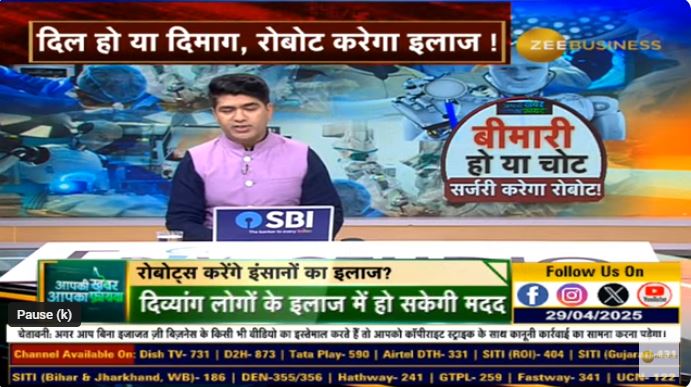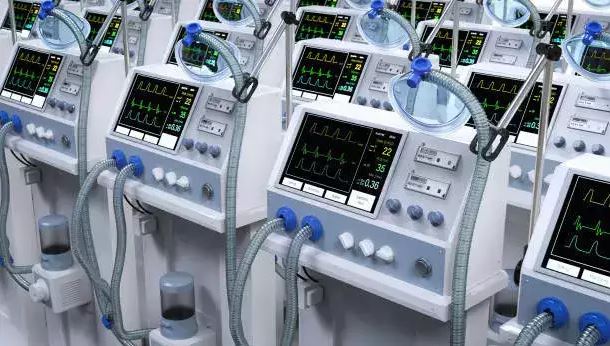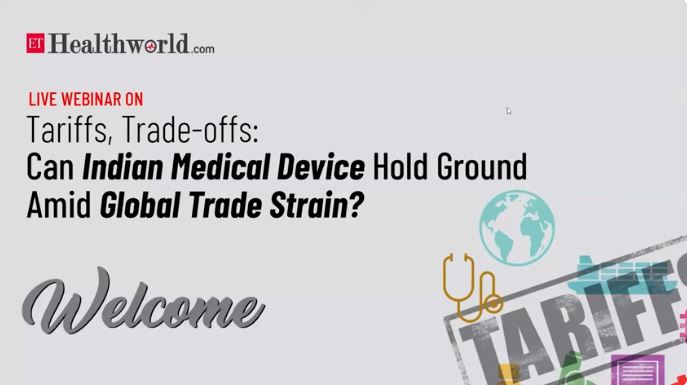Apprehensions of the National Pharmaceutical Pricing Authority (NPPA) about the creation of an artificial shortage in stents appear to have come true. Major stent companies have been withdrawing the more expensive brands from hospitals claiming that they are doing it for relabelling, even though the NPPA has clarified that relabelling is not required. And hospitals have been finding ways to not pass on the entire benefit of the price cut to patients.
Cardiologists in top hospitals confirmed that the more expensive stents of multinational companies are not available anymore and were removed for “relabelling”. Many hospitals have also been told by companies that they cannot provide the more expensive stents for the NPPA-set price.
Multinational stent companies and their associations, like the Medical Technology Association of India (MTaI), however, claimed that they have not withdrawn any product. They rubbished charges of creating an artificial shortage saying there was “a deliberate attempt to tarnish the image of the companies”.
“The current hype about shortage is wrong and designed to create panic among the public to put pressure on the government. Indian stents are used in several Indian hospitals and are being exported to Europe and have been shown to be as good as any other stents in the market,” said Rajiv Nath of the Association of Indian Device Manufacturers. “If they are safe for Germans, I’m sure they are safe for Indians too.”
Even the not-so-expensive imported stents, which are currently available, were being sold in large corporate hospitals for Rs 90,000 to over Rs 1 lakh prior to the price fixation.
A former director of a Patna-based private hospital that is part of an all-India chain said the hospital used to charge Rs 90,000 for stents and a similar amount for the procedure, adding up to Rs 1.8 lakh. How ever, if they have to reduce the cost of stents they will up the cost of procedures, he said.
“We have not received any complaints of shortage or overcharging so far,” DoP secretary Jai Priye Prakash said. He added that the government and the regulator have taken several steps to ensure compliance.
The union health secretary expressed its inability to act against hospitals that flout the NPPA order as health is a state subject. However, the Maharashtra Food and Drug Administration (FDA) has initiated an informal survey to ensure compliance and availability of the implants at hospitals.
“While the stakeholders are working out some solutions with the government, we will keep a check on hospitals,” said Vinita Thomas, FDA ‘s acting joint commissioner for Greater Mumbai. She added that the department may send decoy patients to hospitals, besides studying bills.




